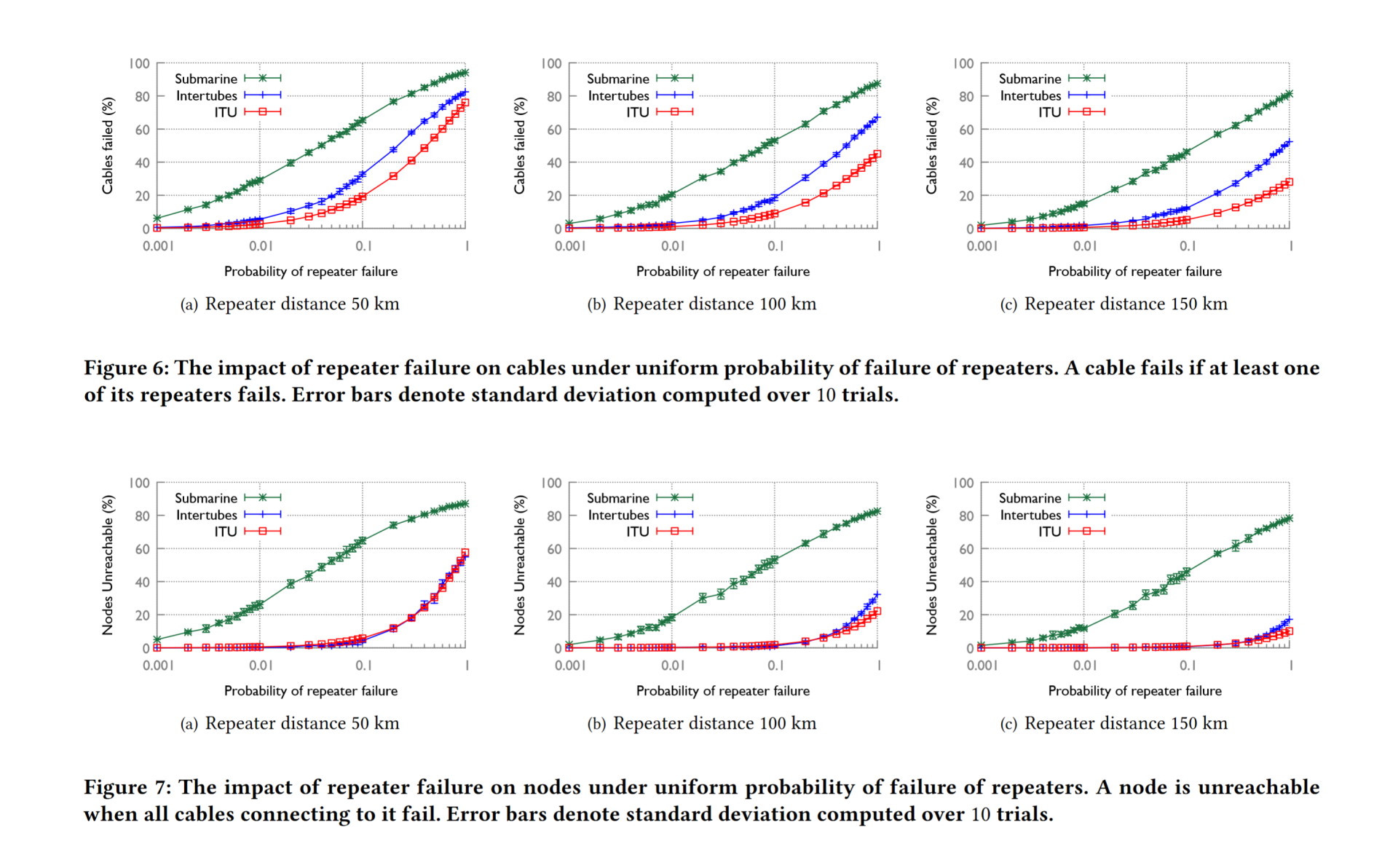'Extreme space weather' could destroy the internet (but probably won't) | PC Gamer - piercehurse1967
'Extreme space weather' could demolish the internet (but probably won't)

The good news is that scorn some overwrought headlines you may have read recently, the sun is probably non on the leaflet of destroying the internet. The bad word is that, well, it could be, and we're really not processed for what happens if it does.
The business organisation arises from a recent newspaper entitled Solar Superstorms: Preparation for an Internet Apocalypse. As Live Science notes the report is non as yet match reviewed, merely that's nevertheless one hell of a hook, although the theme itself is far less apocalyptic: Information technology describes a potential difference deep-scale, long-term internet outage American Samoa a "Cygnus atratus event"—rare, hard-to-predict events "that can significantly alter the course of our lives"—and further notes that the most destructive outcomes it describes are based on a worst-case scenario, where everything that can fail, does.
The cyberspace is susceptible to a straddle of threats including natural disasters, cyber attacks, and other black roll events like the Covid-19 pandemic. But those threats are secondhand, and relatively small scale. A major star storm, but then—a Coronal Slew Ejection, if you need to be technical—is a FAR more empiric danger.
What happens is that the sun spews exterior a orotund mass of highly magnetized particles, and if the Earth happens to be in the fashio, they'll interact with our own magnetic flux in various interesting ways. Some of those personal effects are cool, like "spectacular auroral displays"—with child for people World Health Organization don't want to travel to see the Northern Lights—and others, like Geomagnetically Induced Currents, are definitely not.
If the star storm is strong enough, the resulting Geomagnetically Induced Currents can actually cause damage to the long-outdistance lines that suppress us all connected, particularly those under the sea. The vulcanized fiber-optic cables themselves aren't at risk of infection, but the repeaters installed along the lines to hold out the signal sufficiently strong are, and if they get going down, the cables are in effect useless. Exposed communication and GPS satellites will also be knocked offline, may suffer component terms, and in the worst case could fall impermissible of orb and come crashing back down to Earth. Shorter, location networks are more likely to be okey, only international communications would suffer greatly: The Britain, for example, would likely keep up connectivity with nearby European nations like France, but would be chip from Northerly America.
It's not likely to happen, but it's not impossible either—on the high end, the betting odds are about the unvaried as the likeliness of Donald Ruff being elected President of the U.S., to enjoyment a recent example. "The chance of occurrence of extreme space weather events that directly affect the land is estimated to be 1.6% to 12% per decade," the paper states. "More importantly, the sun was in a period of dispirited activenes in the past three decades from which it is slowly emergent."
That historical period of low solar activeness is the indistinguishable span that's seen a dramatic expansion of technologies like mobile communications and the internet, and that means "we have a limited understanding of whether the current infrastructure is resilient against powerful CMEs."
Which is what the report is all about: Author Sangeetha Abdu Jyothi of the University of California, who presented it at the SIGCOMM 2021 conference, told Wired that she started considering the scenarios after seeing how unrehearsed the world was for the Covid-19 pandemic.
"On that point was nobelium protocol to deal with it effectively, and information technology's the indistinguishable with internet resilience," she same. "Our infrastructure is non prepared for a big solar event. We have very minor understanding of what the extent of the damage would be.
"There are no models presently available of how this could tire. We rich person more discernment of how these storms would impact power systems, but that's every on land. In the ocean it's even more rugged to prognosticate."

Thomas Overbye, director of the Cagey Grid Center at Texas A&M University, united that we don't have much experience with major solar storms in the digital era—the ultimate big one apparently took place in 1921—but even so, atomic number 2 doesn't imagine information technology will constitute quite as catastrophic as it's presented, Oregon that it's necessarily a top priority for researchers.
"I opine it's something that we certainly as an industry want to be prepared for and I've been operative to develop tools that assess put on the line," Overbye aforementioned. "But yet in that respect are very much of other things expiration on in the industry that are remarkable, too."
That's a fair degree, but a administer of those other things might not look quite then pressing if the cyberspace gets blowed up real adept by "extreme space windward." Still, the goal of the paper ISN't to alarm, but to prod the necessary agencies to action: "Paying attention to this threat and planning defenses against it, like our explorative effort in this paper, is critical for the semipermanent-full term resilience of the Internet."
Source: https://www.pcgamer.com/extreme-space-weather-could-destroy-the-internet-but-probably-wont/
Posted by: piercehurse1967.blogspot.com


0 Response to "'Extreme space weather' could destroy the internet (but probably won't) | PC Gamer - piercehurse1967"
Post a Comment